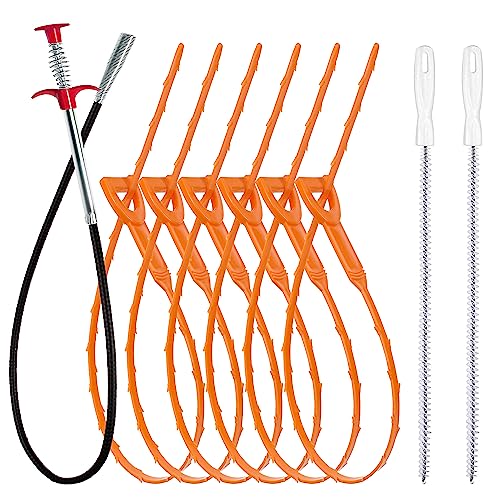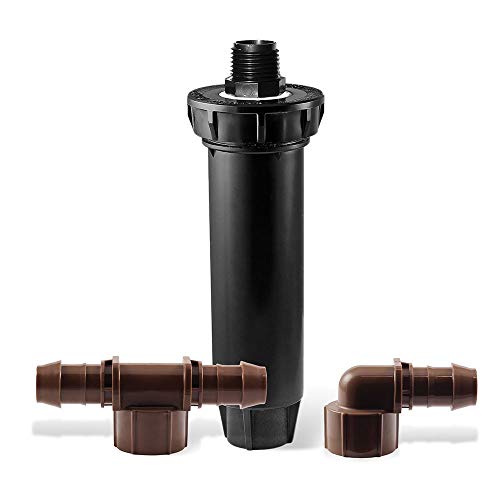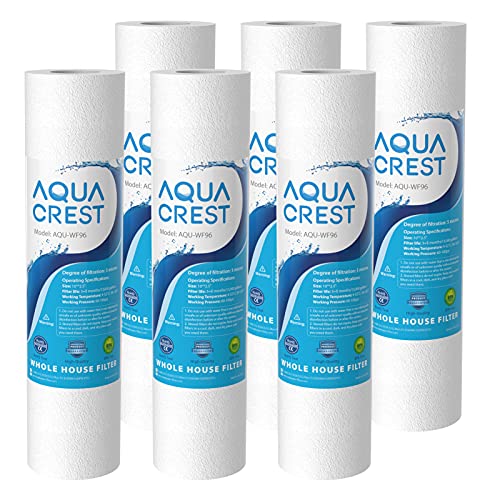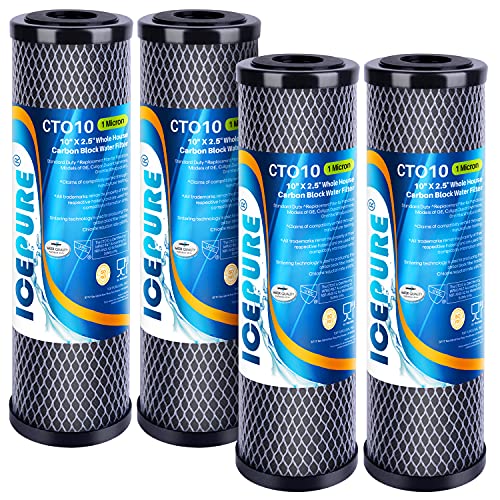aceuvspades
New Member
I have had a Bradford White gas water heater for probably about 5 years. For a few years I've had a problem where the pilot light would go out occasionally. It usually happened during the colder months and more often when the weather was bad. The problem would go away during the hotter summer months. I did some investigation, and while I never actually saw the pilot light go out, I did see that when the burner lit up that there would be dripping of water that would sizzle when hitting the flame. There was no dripping until the flame started. My assumption is that at some point after the burner turns off the water continues to drip for a bit and eventually a splash hits the pilot light enough to put it out. Just a guess.
About a year or so ago the problem went away. I was elated that my water heater apparently self healed. But a couple weeks ago the problem returned, oddly when the weather has started warming up in the spring. And now it's gotten to the point that it is going out every night, usually after a lot of evening showers have been taken. I was ok going up to the attic when it happened every few days at most to re-light the pilot, but it's becoming a burden now that it's pretty much every day.
My first question is does this sound like something that could be fixed reasonably if I call a plumber? I don't want to spend so much that I might as well get a new water heater.
My second question is, if I do end up getting a new gas water heater, are there any recommendations for brands/models that would be less likely to suffer from a problem like this?
Thank you in advance.
About a year or so ago the problem went away. I was elated that my water heater apparently self healed. But a couple weeks ago the problem returned, oddly when the weather has started warming up in the spring. And now it's gotten to the point that it is going out every night, usually after a lot of evening showers have been taken. I was ok going up to the attic when it happened every few days at most to re-light the pilot, but it's becoming a burden now that it's pretty much every day.
My first question is does this sound like something that could be fixed reasonably if I call a plumber? I don't want to spend so much that I might as well get a new water heater.
My second question is, if I do end up getting a new gas water heater, are there any recommendations for brands/models that would be less likely to suffer from a problem like this?
Thank you in advance.































![MEISTERFAKTUR drain snake 2.0 [50 FT] - with drill attachment - Ideal plumbing snake for sink and drain unblocking - Solid drain auger for real DYIs! (50 FT - 1/4 inch)](https://m.media-amazon.com/images/I/41VwmTiOsgL._SL500_.jpg)

























